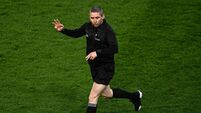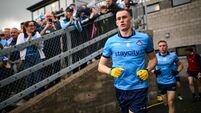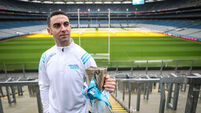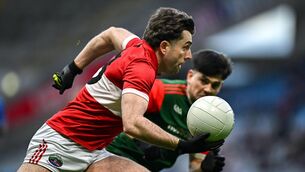Mulvihill’s Rules of engagement
The Director-General has been involved from the beginning, through good times and bad, always a supporter of the bold concept, nursed through its embryonic stage by former Meath great Peter McDermott.
The Australians have always been supportive but it took them longer to recognise the value of the experiment. Their willingness to agree a 10-year extension to the series after last year’s tour indicates how wholeheartedly supportive they are now.













